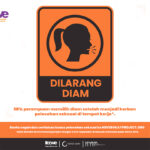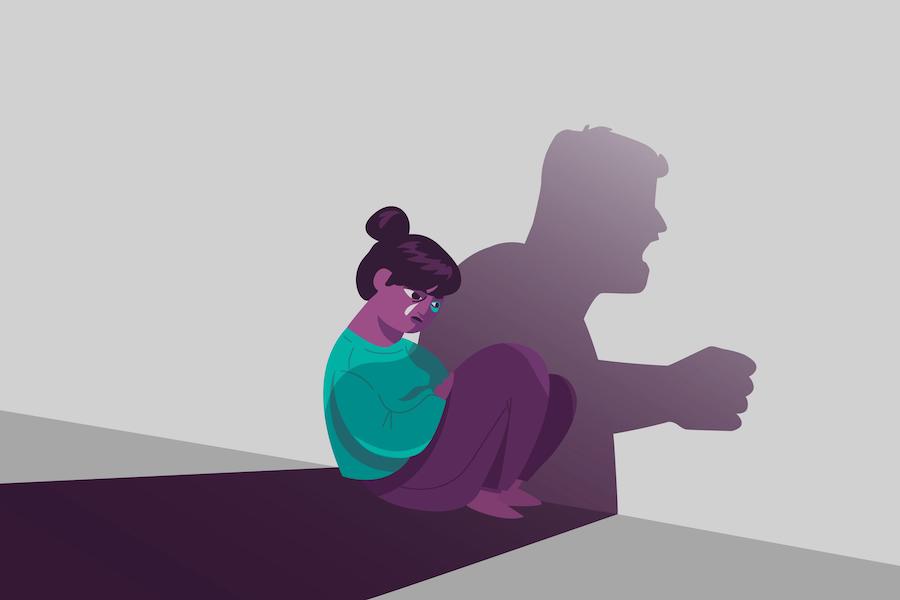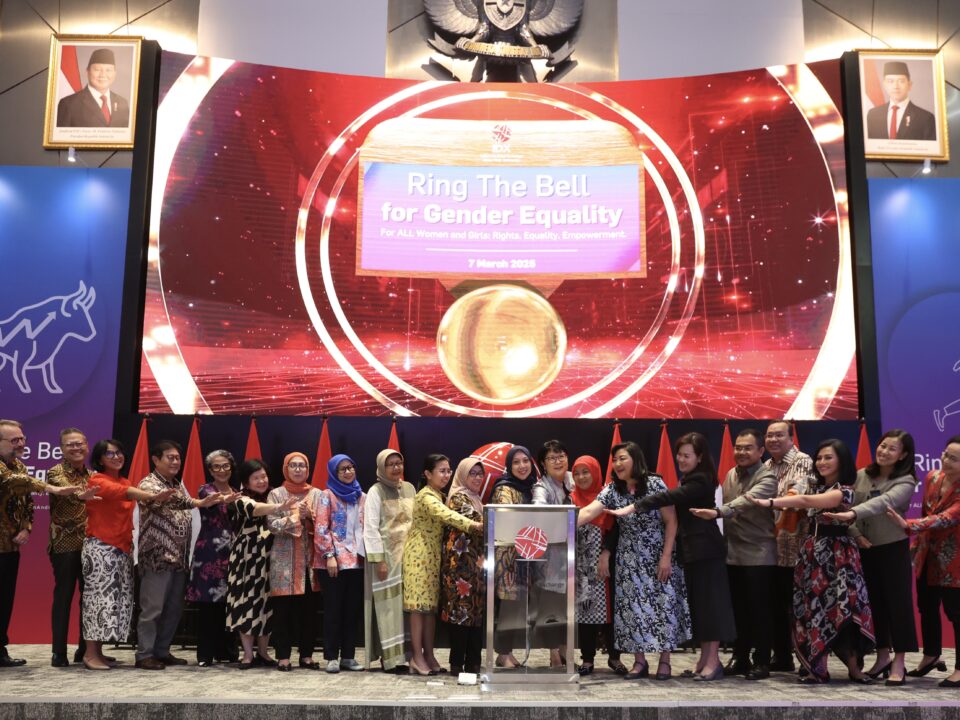
16 Days Activism Against Gender Based Violence Campaign
December 24, 2023
Equal Parenting: Benefits for Parents and Children
December 24, 2023Large-scale Social Restrictions (PSBB) have been reimpose by several local governments in Indonesia. There are several things that have become black notes from the previous PSBB period, one of which is the increase in cases of domestic violence.
The increasing intensity of family member gatherings at home and the large number of layoffs experienced by employees have contributed to the increase in the number of domestic violence cases in Indonesia, and even in the world. Gender norms also have a big role, especially in a pandemic like this time. What are gender norms and their impact on domestic violence?
According to the World Health Organization (WHO), gender is a character of women and men, such as norms, roles and relationships between groups of men and women, which are socially constructed. Gender can differ from one community group to another, and can change over time.
According to the World Health Organization (WHO), gender is a character of women and men, such as norms, roles and relationships between groups of men and women, which are socially constructed. Gender can differ from one community group to another, and can change over time.
So it can be concluded, gender is something that is formed socially and not from the body shape of men or women. Gender tends to refer to the social and cultural roles of women and men in a particular society.
In the concept of gender, there are terms called gender identity and gender expression. Gender identity is the way a person sees himself, whether as a woman or a man. Meanwhile, gender expression is the way a person expresses his gender (manifestation), through clothing, haircuts, voice, and behavior.
Gender is generally described as feminine and masculine. You may be taught that men have to be strong and not to be weepy. Meanwhile, women tend to be taught to be delicate and motherly. This trait can be exchanged, that men can be delicate, and women are assertive. Gender roles and gender stereotypes are also very fluid and can change over time.
“One example of gender bias that has been embedded in Indonesian society is that taking care of the household and children is the duty of women,” said Maya Juwita, Executive Director of the Indonesia Business Coalition for Women Empowerment (IBCWE).
This instil a norm that women should be at home and take care of household needs, while men are the breadwinners. In fact, this norm can actually burden men as the sole breadwinner for the family.
During this pandemic, losing a job is a serious blow, especially for men who are the backbone of the family. “The current pandemic condition, men will be stressed because they think that earning a living is their job. And this can have an impact on his aggressiveness,” said Cantyo Atindriyo Dannisworo, Psychologist at Pulih Foundation.
Dannis added, there is an opinion in society that men should be firm and should not be sad and afraid, so that the tendency for feelings to be vented is anger.
The data reported by LBH Apik regarding reporting of violence against women in Indonesia from March to September 2020 reached 508 complaints. From this figure, domestic violence is dominated by 168 cases, 151 online gender based violence (KBGO), and 52 cases of dating violence.





